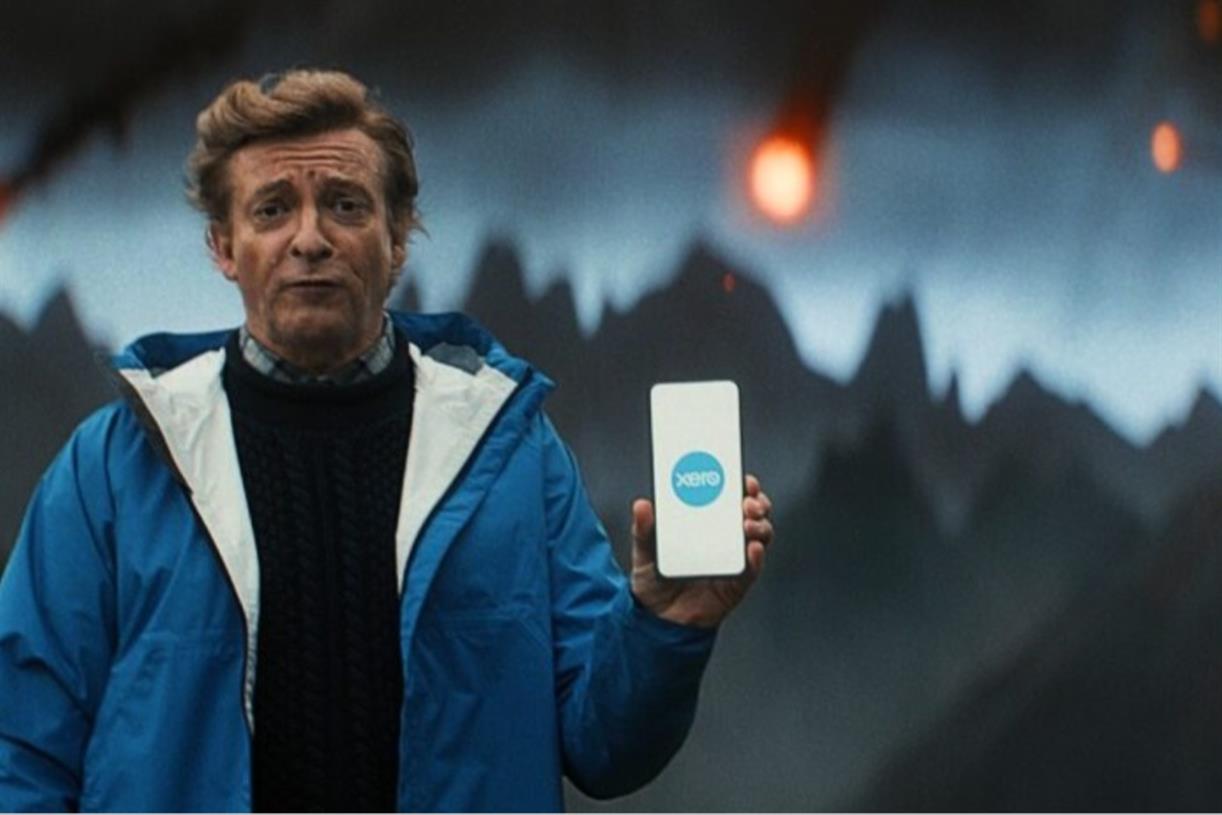Robot server to “digital salesman”: How this S’porean grew a canteen stall into a F&B tech empire
Neelendra Jain began started from running a lone food stall in SMU in 2009. How did he manage to transform it into a giant of F&B tech?

13 years ago, Neelendra Jain was running a vegetarian Indian stall at Singapore Management University (SMU).
Business was decent, but Neelendra wanted more. The very next year, he managed to open another store called Namastey India, and this was followed by several more stores in the next few years.
By 2017, Neelendra’s portfolio of businesses had grown to an impressive size — he owns a successful restaurant chain with multiple outlets in Singapore called Cali, and several other stalls and restaurants.
This was quite the transformation. How did one man build an empire out of a single store in a school canteen? The answer, according to Neelendra, lies not just in adopting technology — but also finding out what technology is best suited to the business.
Why are they banking on technology?
As the owner of several food and beverage (F&B) outlets in Singapore, Neelendra experienced first-hand the difficulties of managing the multiple aspects of running such a business: incorporating customer feedback, improving sales, and many more.
As such, Neelendra came to understand the necessity of finding solutions to these problems, and realised that F&B tech could be a valuable asset to have.
Growing out of the SMU canteen space to six restaurants in Singapore, we believe that the right integration of technology is a must for the business to grow in Singapore’s business landscape. Our tremendous growth in Singapore can be attributed to that exact reason.
Currently, the types of equipment and systems developed and often not suitable for F&B players in the market, since it is also developed by non-F&B players. As such, we have started to use our F&B business as a testbed to develop solutions that would increase the productivity and profitability of our business.
– Neelendra Jain, founder and CEO of NJ GroupSome of the innovations that Neelendra has managed to develop for his own restaurants include COBIE, which is a robot that helps restaurants serve food.
 COBIE, a food butler robot / Image Credit: NJ Group
COBIE, a food butler robot / Image Credit: NJ GroupAdditionally, Neelendra’s restaurants have also implemented Eagle, which is an AI-powered feedback system that takes into account real time comments from customers and generates suggestions on how to improve the business.
“Understanding feedback, analysing, and coming up with a reaction can be time-consuming and require manpower. Eagle is resolving this, and it’s being used in all Cali restaurants now”, he explained. Cali is the flagship brand of Neelendra’s NJ Group, and currently has four outlets in Singapore.
 Image Credit: NJ Group
Image Credit: NJ GroupAdditionally, NJ Group has also developed the world’s first baked pasta quick service restaurant, known as Zitimama. While this in itself may not seem like a huge deal, it’s in how they sell their products that makes a difference — Zitimama utilises a “digital salesman” that customers order from.
Clarity informs quality
Of course, with so many areas where technology could help in the F&B business, how did Neelendra manage to pick the technologies that made sense for his restaurants?
For one, he doesn’t just implement solutions on a whim. The technologies that NJ Group adopts and develops are intended for specific purposes.
 Neelendra Jain, founder and CEO of NJ Group / Image Credit: NJ Group
Neelendra Jain, founder and CEO of NJ Group / Image Credit: NJ GroupWe are trying to fill the current gaps in the F&B industry with our innovative technologies, helping to improve service quality and aid the manpower crunch. Most importantly, we are trying to incorporate our solutions to each of our innovations to the problems we have uncovered in the industry in order to resolve real-time complications.
The vision behind this is to enhance user experience, but without burdening our team members or interface with additional challenges such as technical jargon or complex technology.
– Neelendra Jain, founder and CEO of NJ GroupAny technological improvements are presented to staff, who are then given a demonstration and asked for feedback.
“The staff enjoy being able to test the prototypes, and see the results firsthand. They also like to see the happiness of clients and the growth of the business. Often, there is room to improve, and as such, we develop the overall solution in phases,” added Neelendra.
“This lets us save time and enable our users to familiarise themselves with the technology, which comes with fewer hassles. The key is to keep monitoring and enhancing the solutions developed to reach an upgraded result.”
In addition, the recent Covid-19 pandemic also provided NJ Group with a new direction for expansion.
The Group actually leveraged the time during the pandemic to identify problems within their business and implement new solutions. Many of the aforementioned innovations were actually introduced during the pandemic itself, including the AI-powered feedback and solution generator Eagle.
F&B outlets of the future?
For all the technological development and innovation that NJ Group offers, Neelendra still believes that the core of the F&B business requires a human touch.
The human touch still takes up a big majority of F&B’s hospitality and business. Technology simply amplifies the service and makes it better. I personally feel like technology in the service industry is like the amount of salt that we add to our food — slightly too much, or too little, will impact the whole flavour of the meal.
– Neelendra Jain, founder and CEO of NJ GroupAs such, while NJ Group will continue to search for problems in the F&B sector that technology can ameliorate, they have been careful not to lose sight of the forest for the trees.
They are also hoping to licence their F&B tech out to other businesses who also wish to integrate technology into their business.
“Our long-term goal would be to shake the industry with our groundbreaking innovations and create a global presence with our reliable products.”
While the F&B industry has so far mostly treated technological integration as an option, Neelendra has instead embraced it fully — finding various ways to make F&B tech a key pillar of his business empire.
At the same time, however, he has also understood that change is not always an unmitigated good, and has been careful to involve his staff in the implementation of his plans. As such, technological innovation has not been brought about at the expense of employees, but rather, in cooperation with these employees.
Featured Image Credit: NJ Group

 UsenB
UsenB 






























